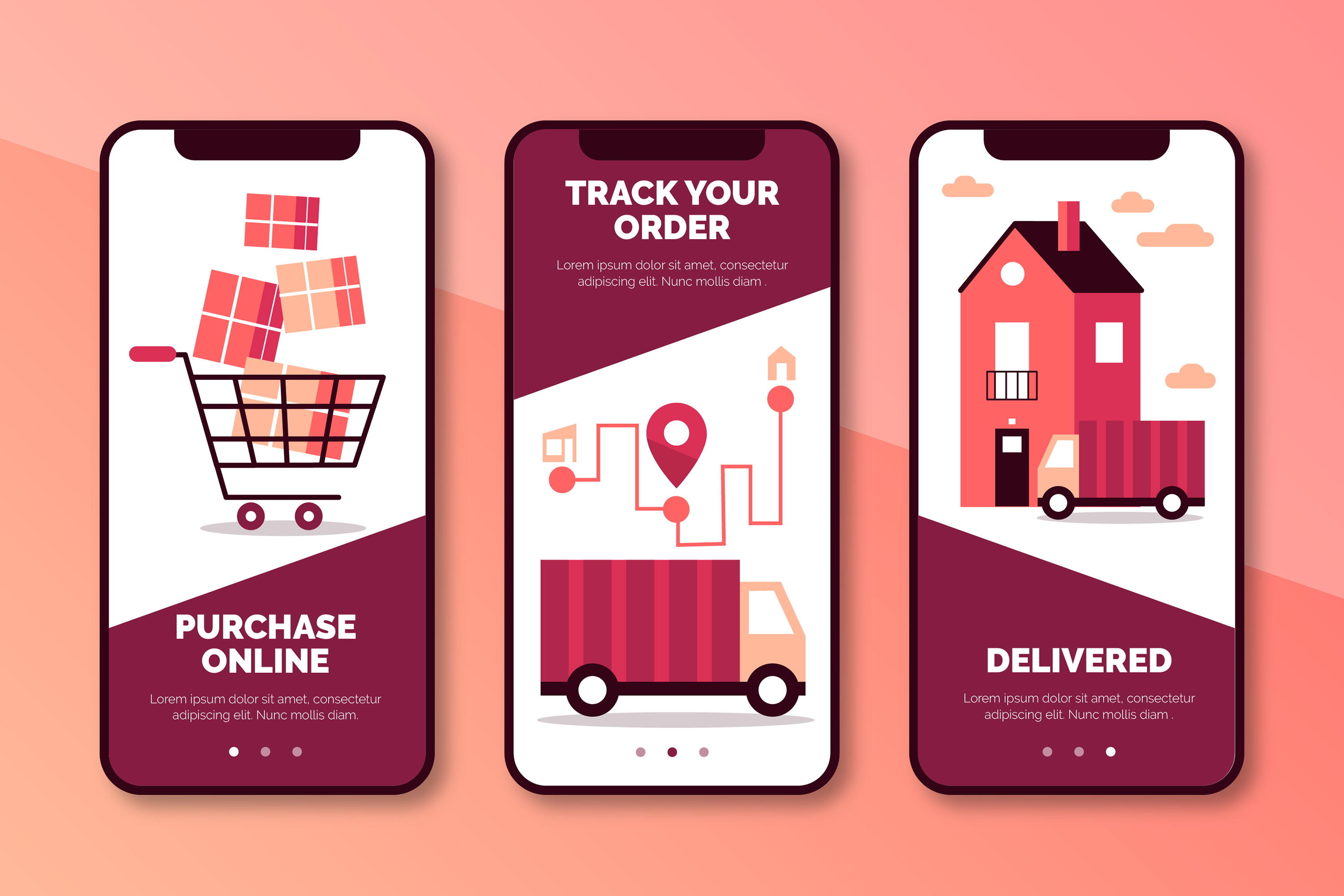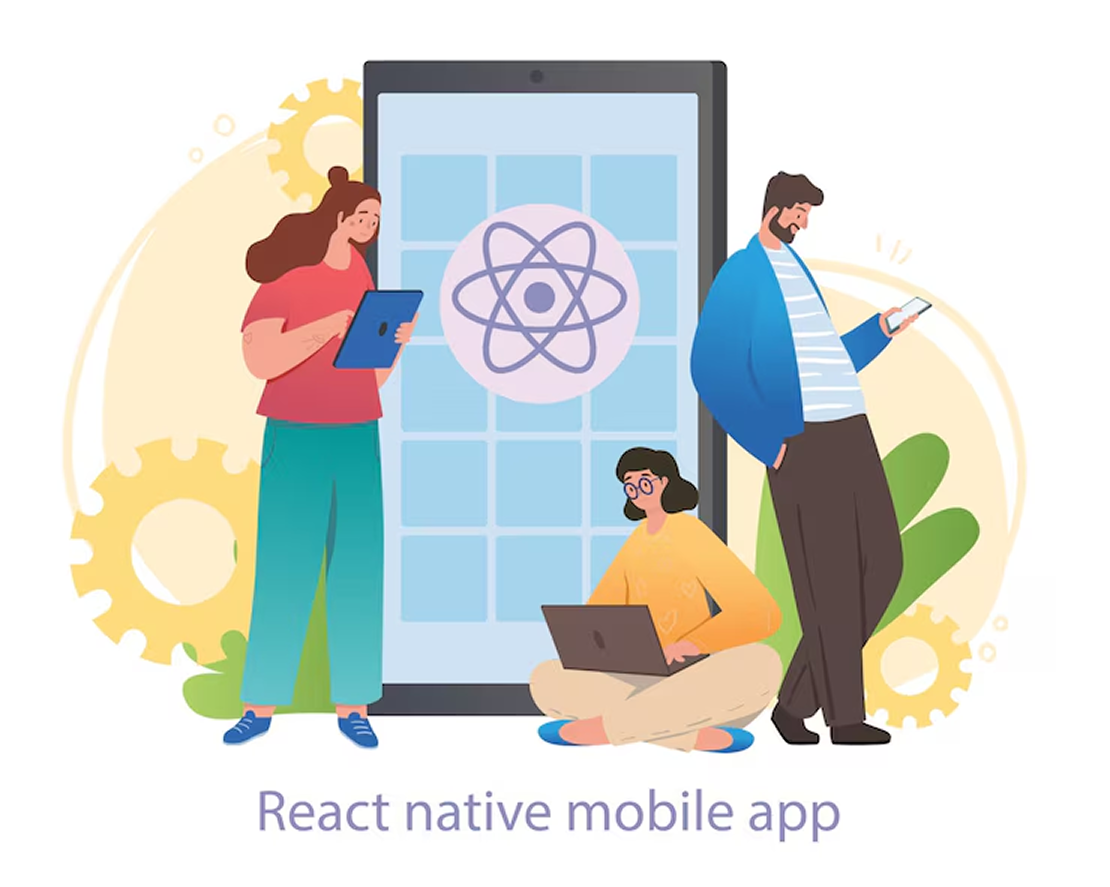Understanding the Importance of Logistic Apps Today

Strong 8k brings an ultra-HD IPTV experience to your living room and your pocket.
Introduction:
Today, people expect everything from packages to groceries to be delivered quickly and accurately. To aid in providing these fast services, logistics apps have become powerful technological tools.
Logistic apps now assist businesses with transportation tasks, inventory management, deliveries, and more. These tools have helped improve operational logistics by making them quicker, smarter, and more efficient.
In this article, we will discuss what logistics apps are, their key features, how they operate, and how your business can benefit from them in 2025 and beyond.
What is a Logistic App?
A logistics app refers to a mobile or web application that helps businesses streamline and manage their logistics operations, such as:
- Real-time vehicle and shipment tracking
- Warehouse and inventory management
- Delivery route planning
- Supply chain activity monitoring
- Customer and driver communication
- Logistic apps are widely used by e-commerce businesses, couriers, manufacturers, and retailers, among other sectors.
Importance of Logistics Apps
Logistics involves many processes. Without a proper system to help manage everything, packages may appear lost, and deliveries may arrive late, creating utter chaos.
An all-in-one logistics application can assist businesses in:
- Boost customer satisfaction
- Enhance delivery speed
- Minimize costs
- Save time
Key Features of a Logistic App
Modern logistics apps are equipped with the following essential features:
1. Real-Time Tracking
Allows you to track the location of vehicles, goods, and drivers at any time and from any place.
2. Route Optimization
Provides calculations for the fastest and most economical fuel route for delivery.
3. Inventory Management
Allows monitoring of stock levels in real time across multiple warehouses.
4. Digital Proof of Delivery (ePOD)
Enables the driver to capture a signature or photo as proof of delivery, reducing paperwork.
5. Notifications & Alerts
Notifies customers as well as drivers about the shipment, delays, or any other such issues instantly.
6. Driver& Fleet Management
Defines tasks, monitors productivity, and controls shift timetables for drivers and vehicles.
7. Analytics & Reporting
Provides data on delivery times, fuel usage, delays, and more to support effective evaluations.
How Logistic Apps Help Different Industries
E-commerce
Provides tracking for orders, manages returns, and ensures timely delivery of products.
Retail
Manages the movement of products from the warehouse to the shelves to avoid stockouts.
Manufacturing
Handles the movement of raw materials and finished goods to ensure smooth supply chain operations.
Courier & Delivery Services
Plans and tracks routes while managing high-volume deliveries with fewer delays.
Technologies Behind Modern Logistic Apps
Modern logistics apps utilize the following technologies:
- Tracking and navigation: GPS & Google Maps APIs
- Delivery time estimation and route optimization: AI & Machine Learning
- Secured data access from any location: Cloud Storage
- Vehicle condition and cargo temperature monitoring: IoT Devices
- Cross-platform development: Mobile App Frameworks like React Native
Benefits of Using a Logistic App
1. Enhanced Efficiency
Completing repetitive tasks like reporting and route drafting increases efficiency.
2. Savings
Reduced fuel costs and fewer delivery or inventory errors lead to lower expenses.
3. Transparency
Monitor supply chain tasks and activities in real time.
4. Proactive Customer Service
Constant order tracking enables quicker delivery and real-time updates.
5. Informed Strategy
Analyze and identify bottlenecks to develop better strategies for improvement.
Real-life Example
A small local food supply company dealt with order delivery traditionally in a manual fashion. The company decided to hire dedicated React Native developers to create order and delivery management apps tailored to their needs. The result was faster orders, increased customer satisfaction, and a remarkable 30% reduction in operating costs within three months.
Is a Logistic App Right for Your Business?
You might want to consider creating or purchasing a logistics app if:
- You deliver products or operate a fleet.
- You require tighter control over inventory and warehousing.
- Your customers expect real-time order tracking.
- You intend to scale your business with improved logistics.
Even smaller businesses can take advantage of a basic logistics app, especially with cost-effective development options available today.
Final Thoughts
Logistic apps are no longer just a trend; they are fast becoming essential for any business that deals with delivery, inventory, or supply chains. These apps can improve your efficiency with real-time monitoring, automated processes, reduced fuel expenses, and increased customer satisfaction.
From small courier businesses to large supply chains, all can benefit from the enhanced competitiveness a logistics app offers for 2025 and beyond.
Note: IndiBlogHub features both user-submitted and editorial content. We do not verify third-party contributions. Read our Disclaimer and Privacy Policyfor details.





